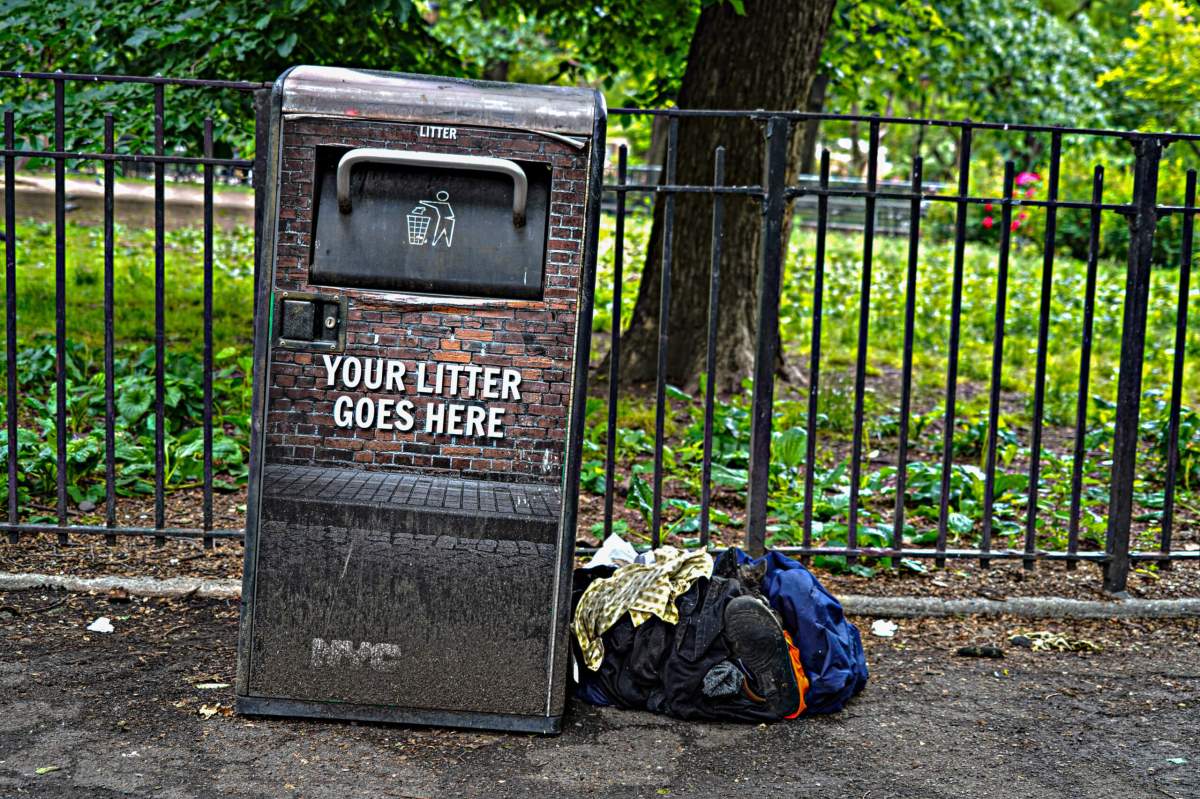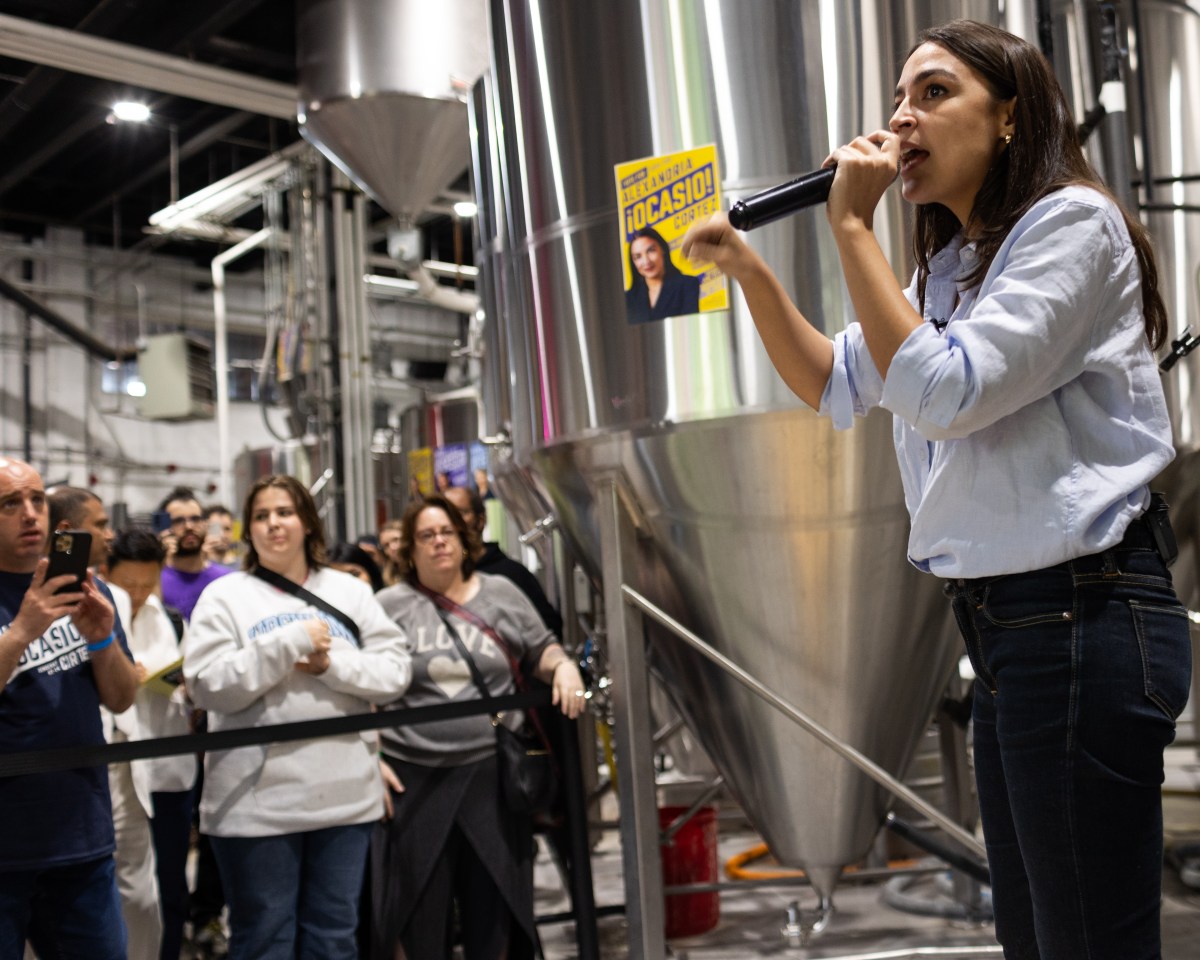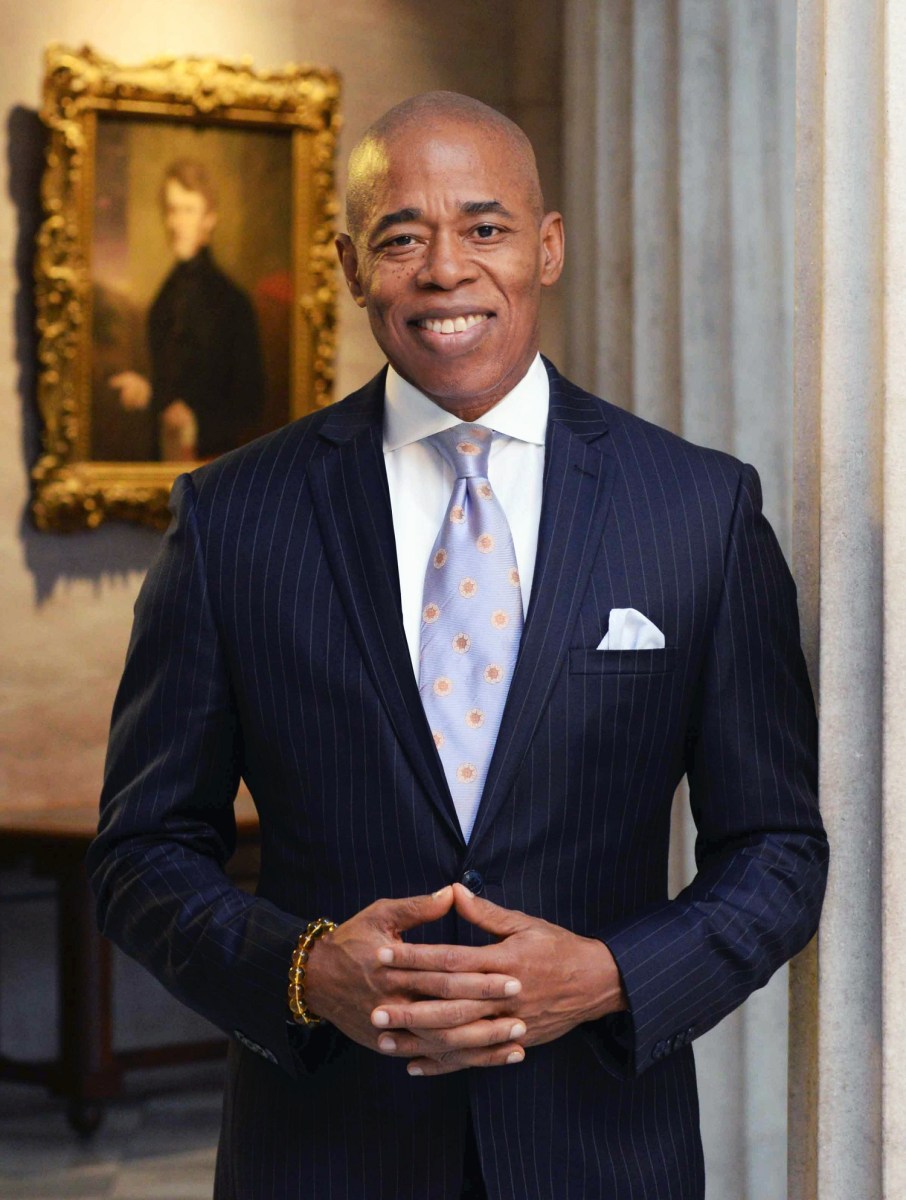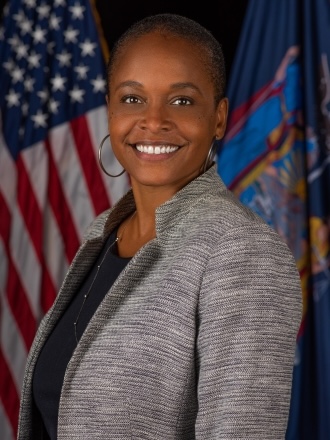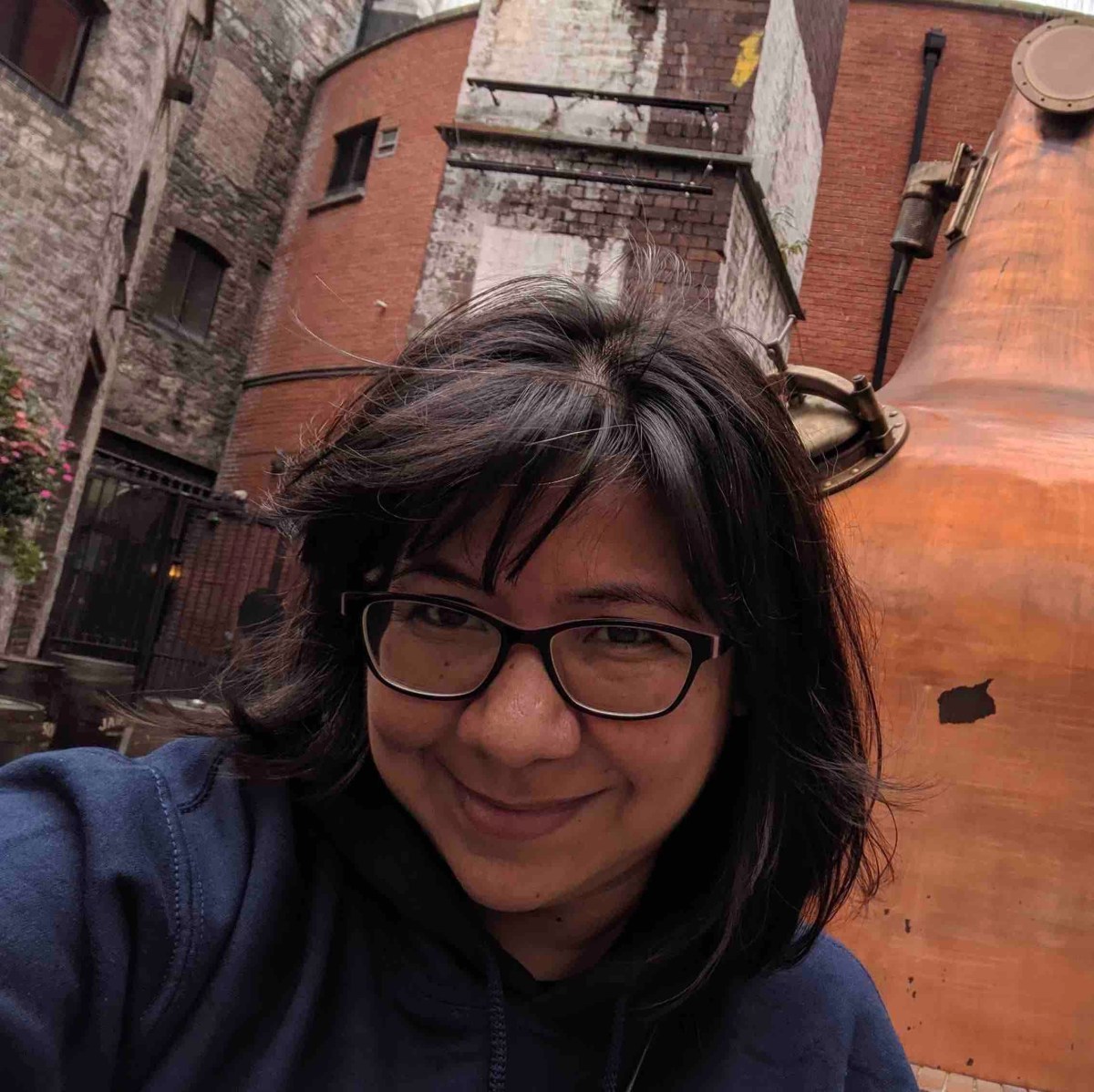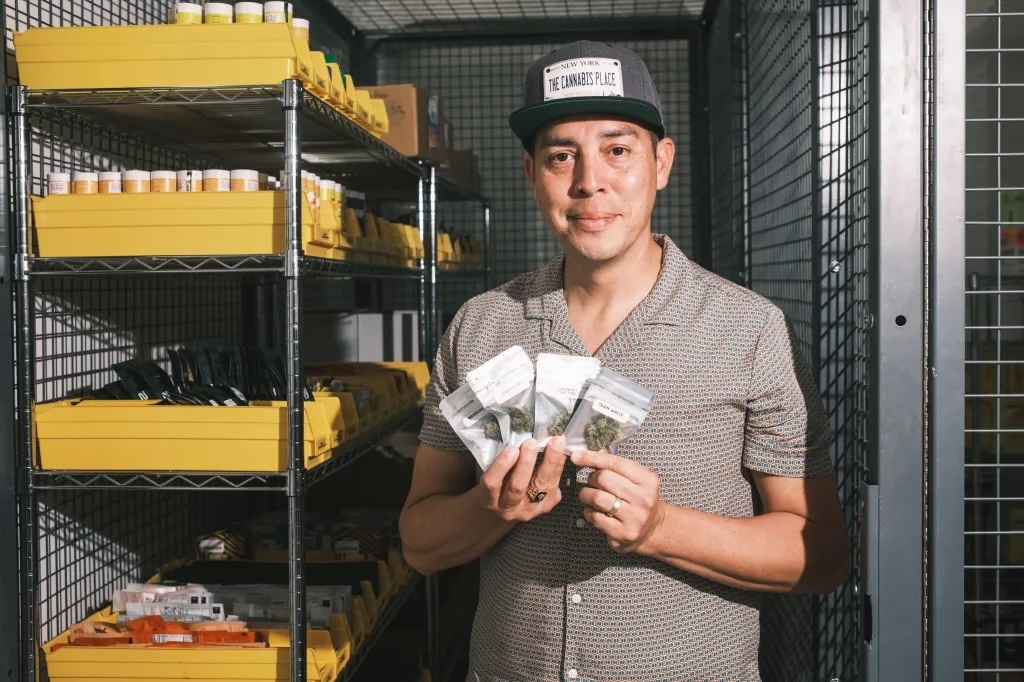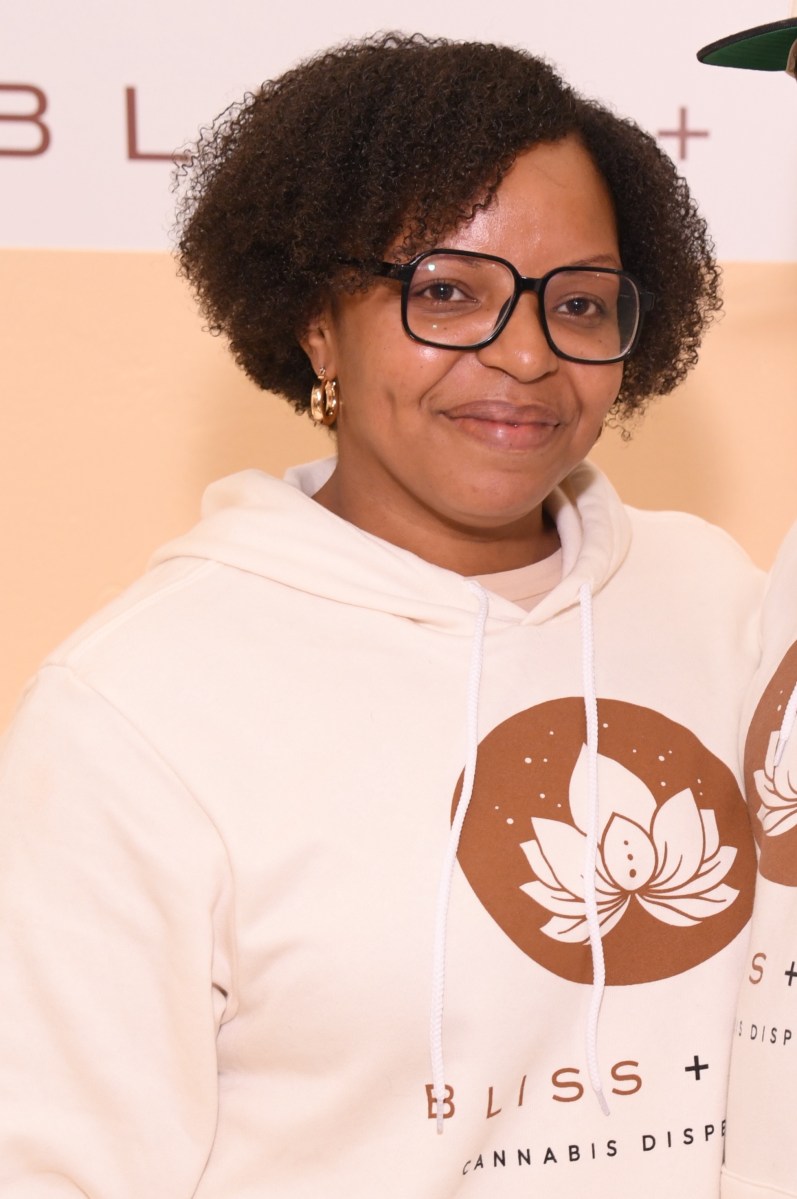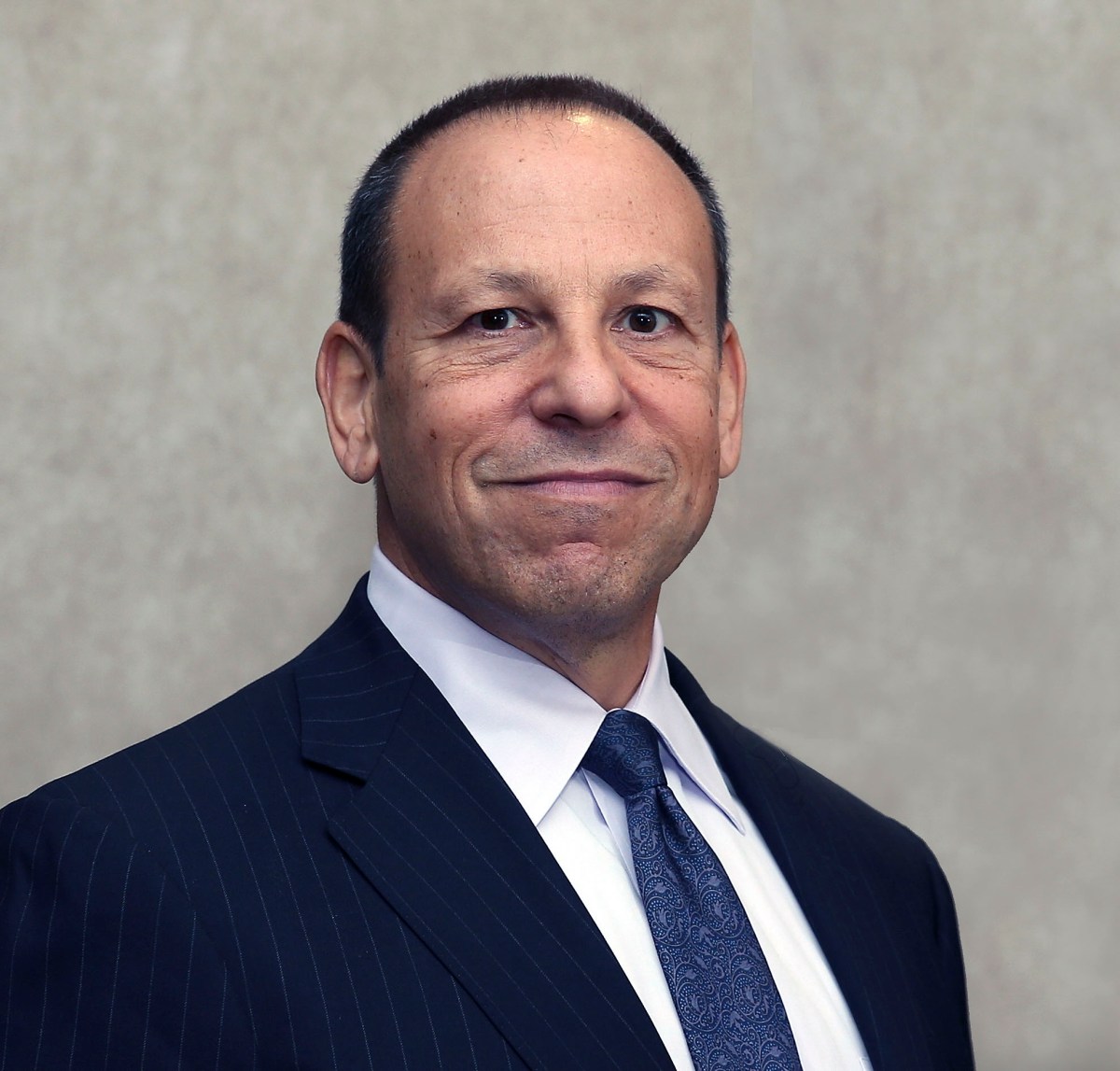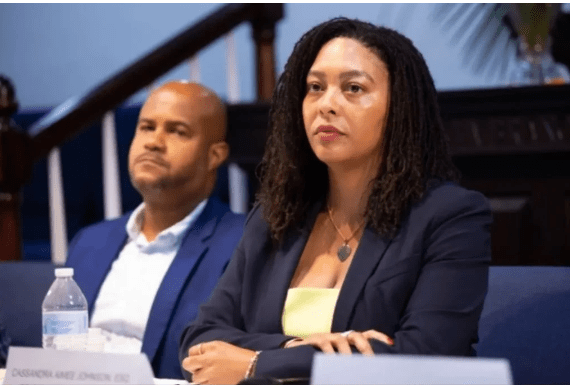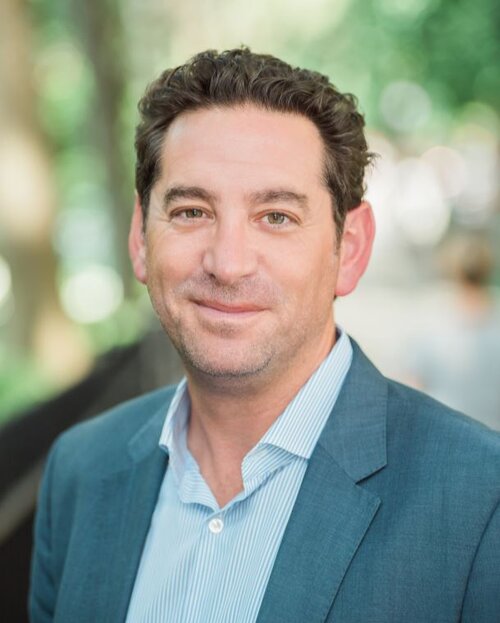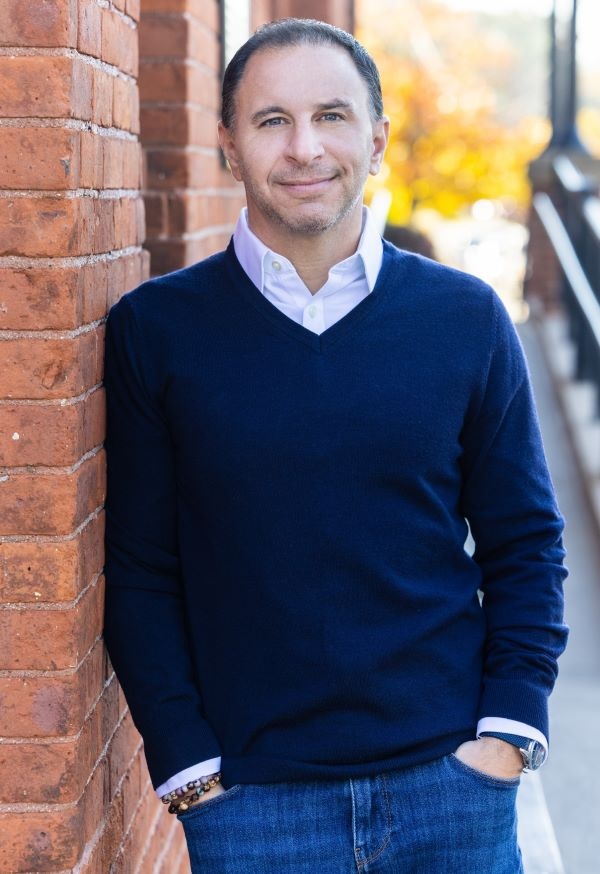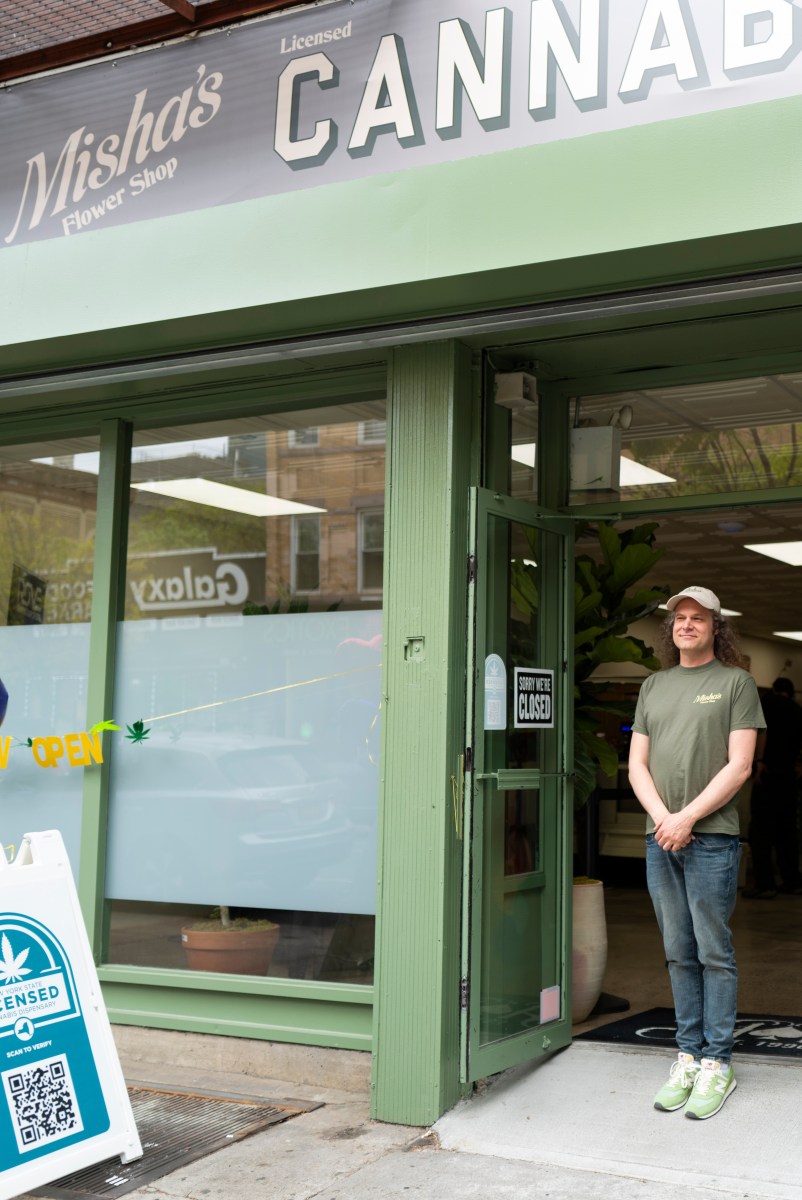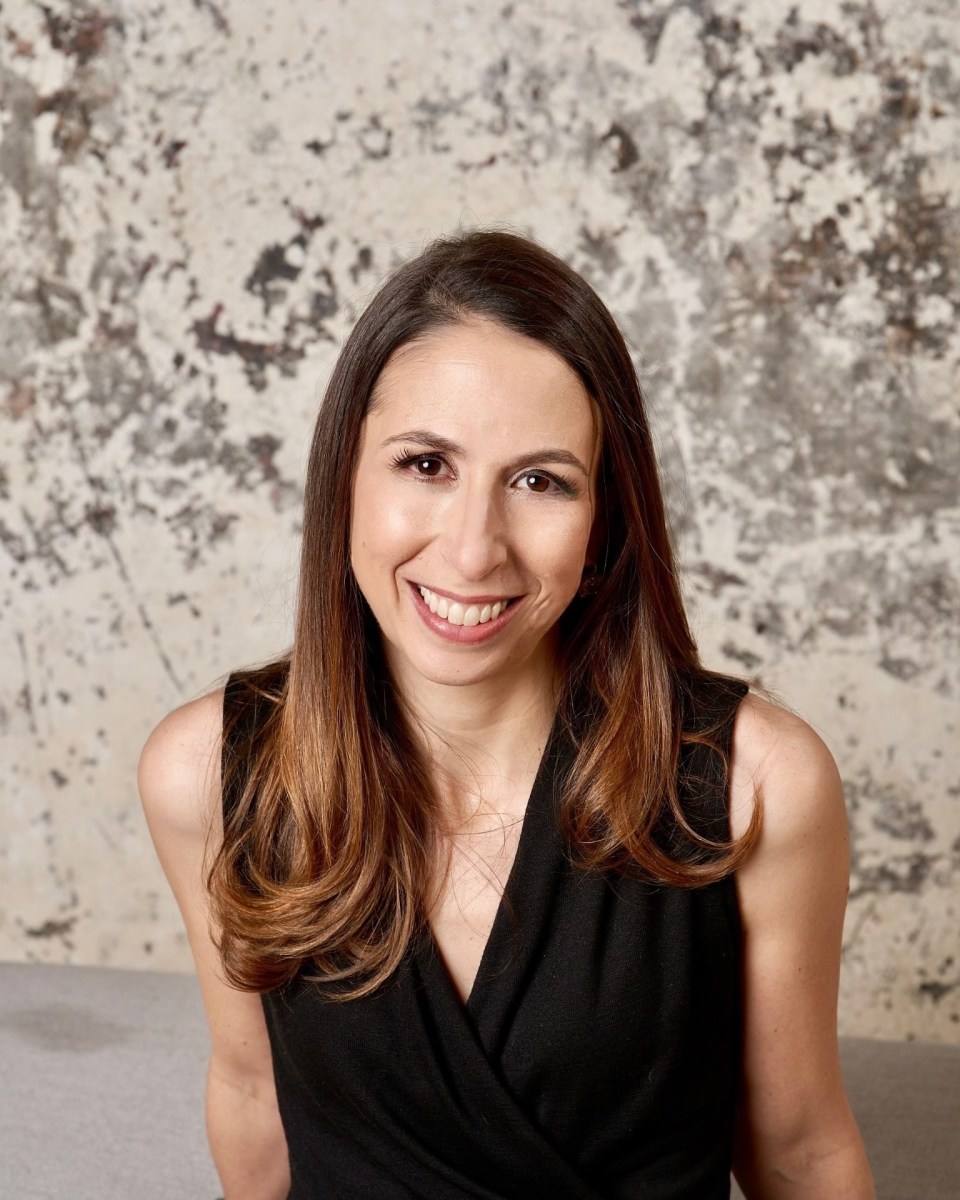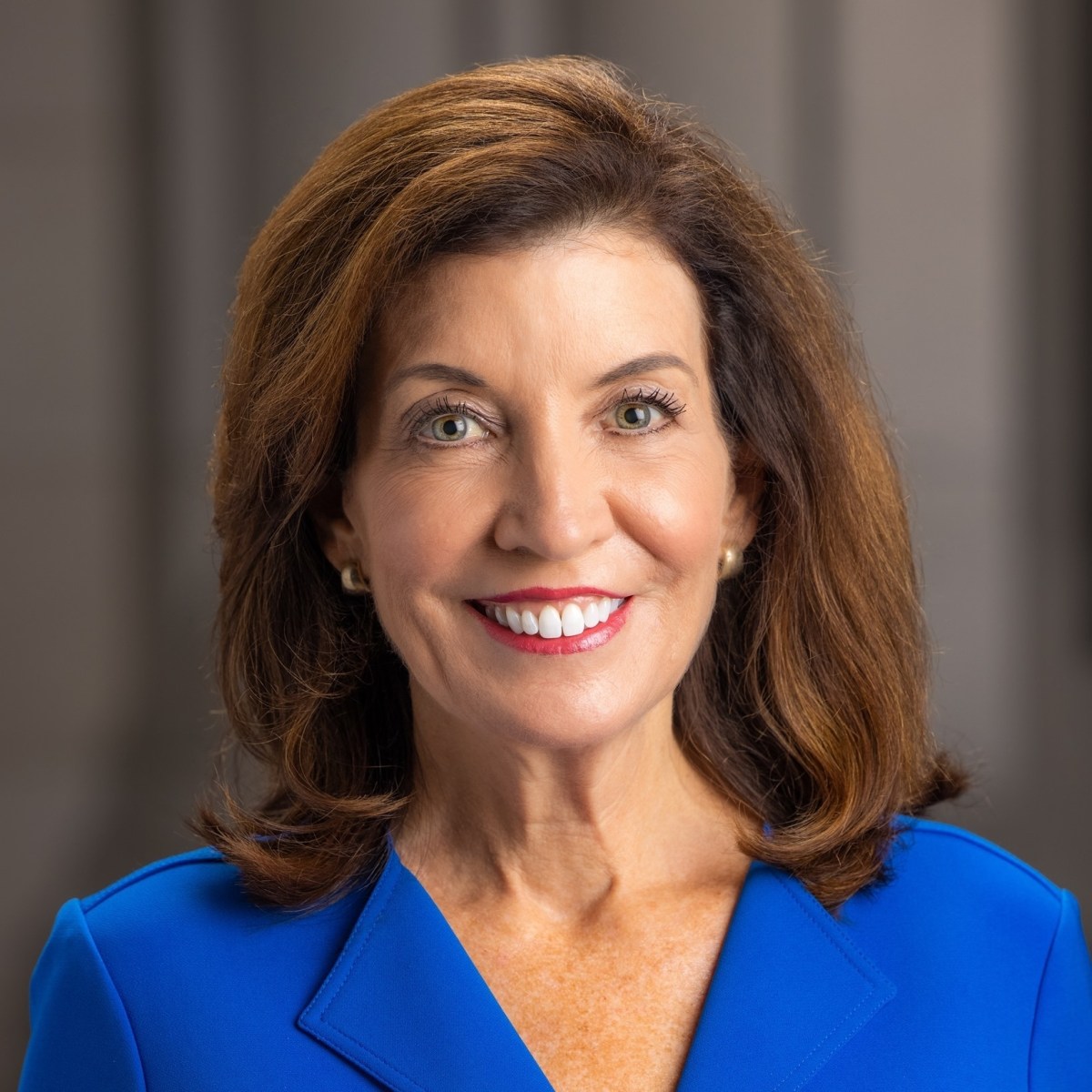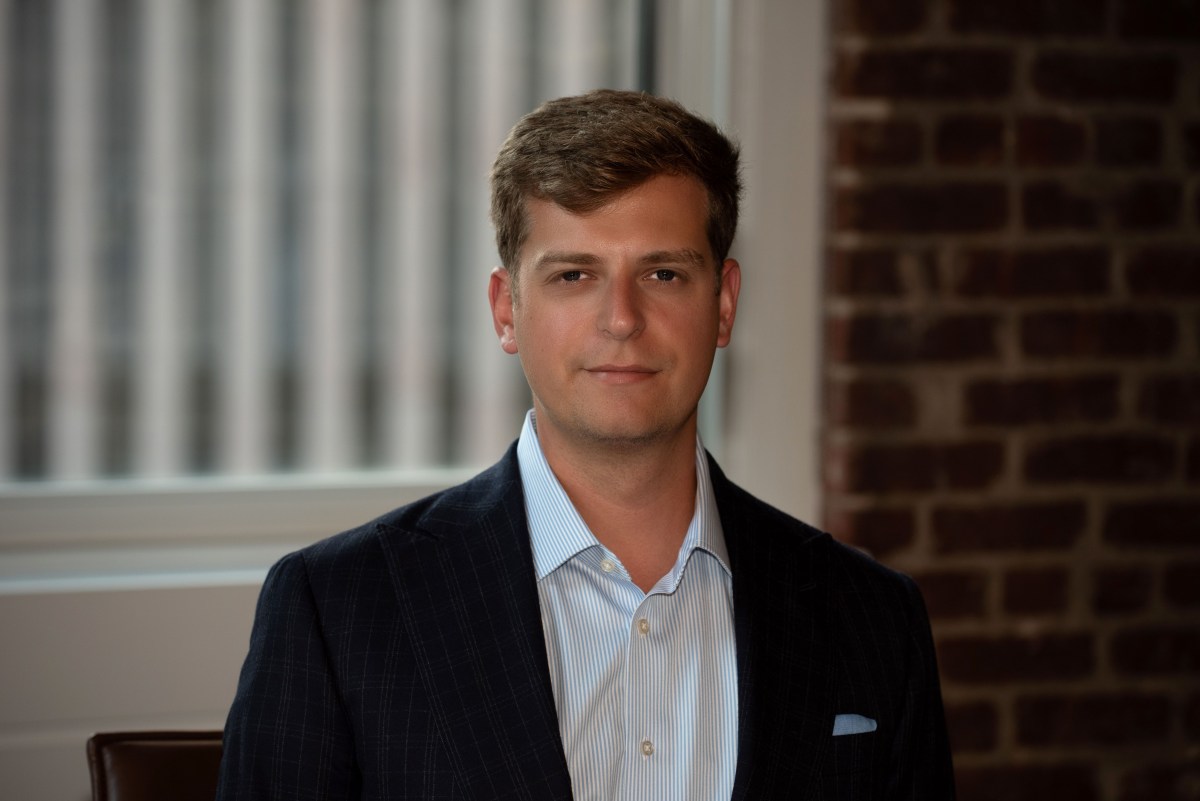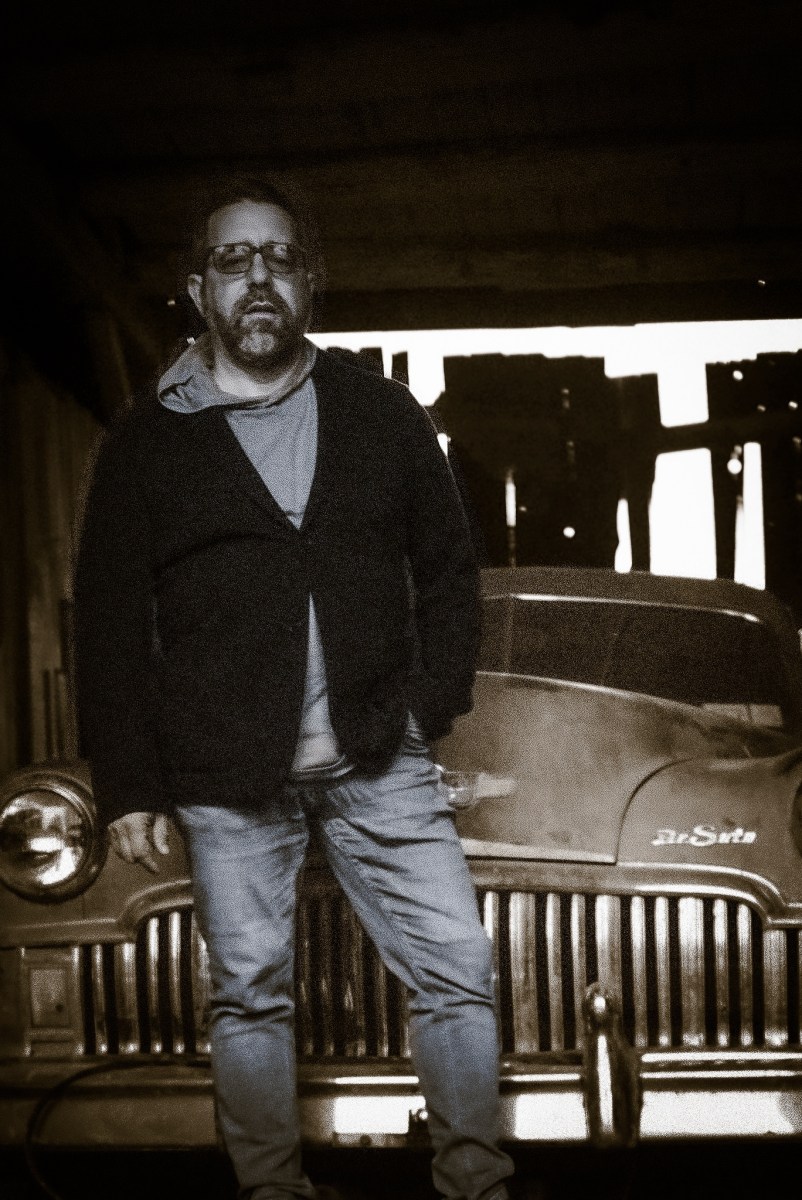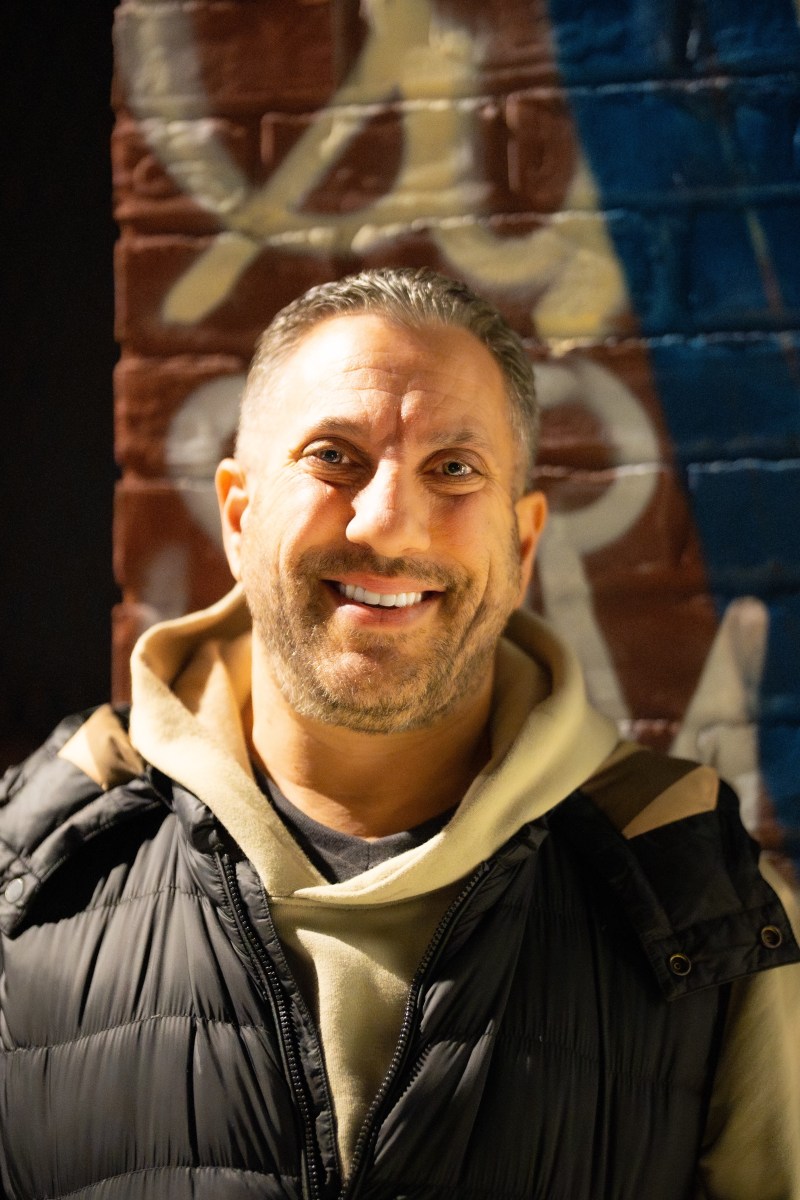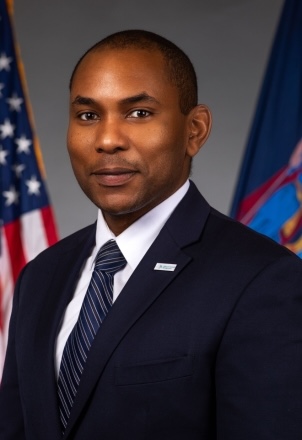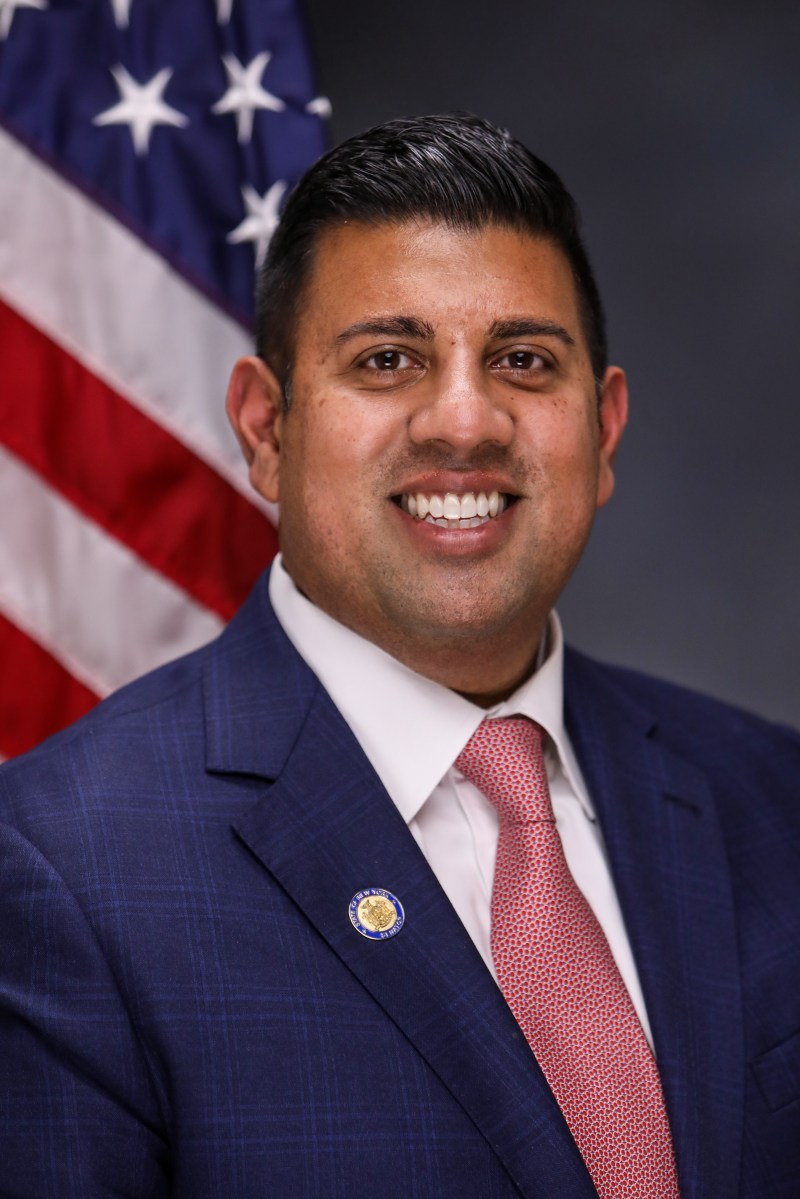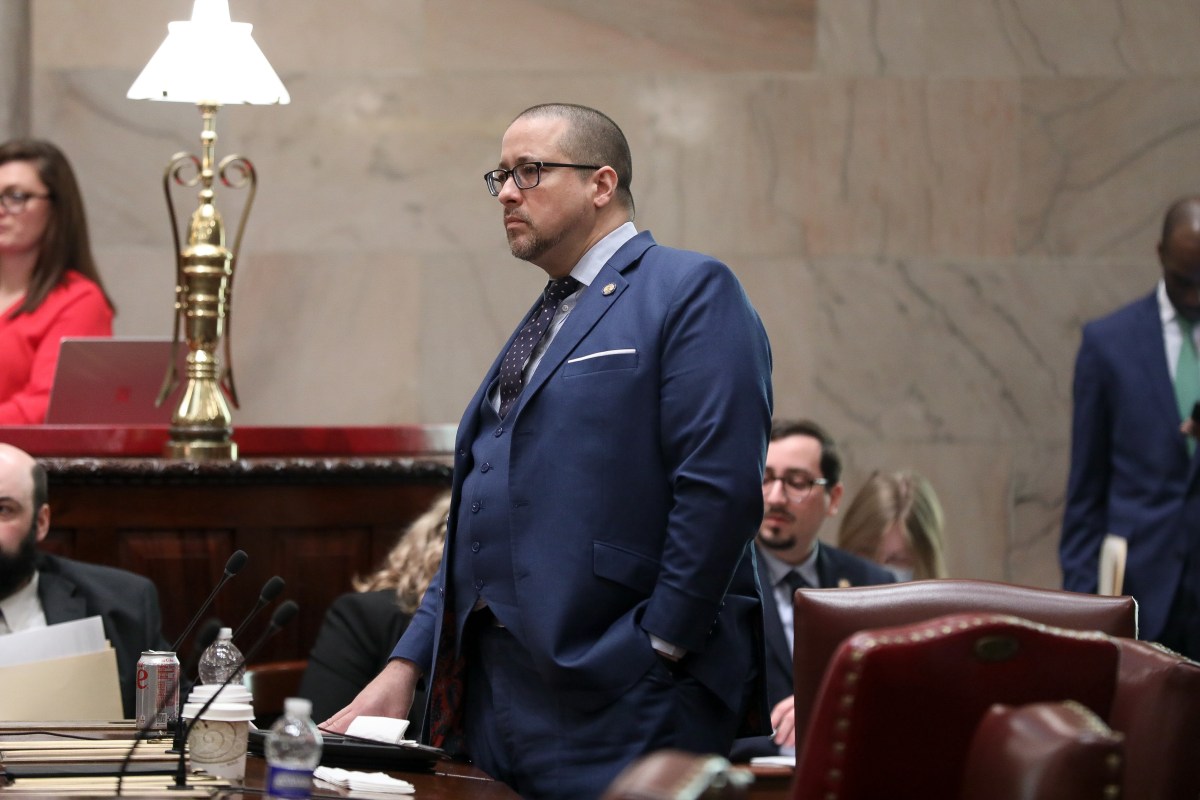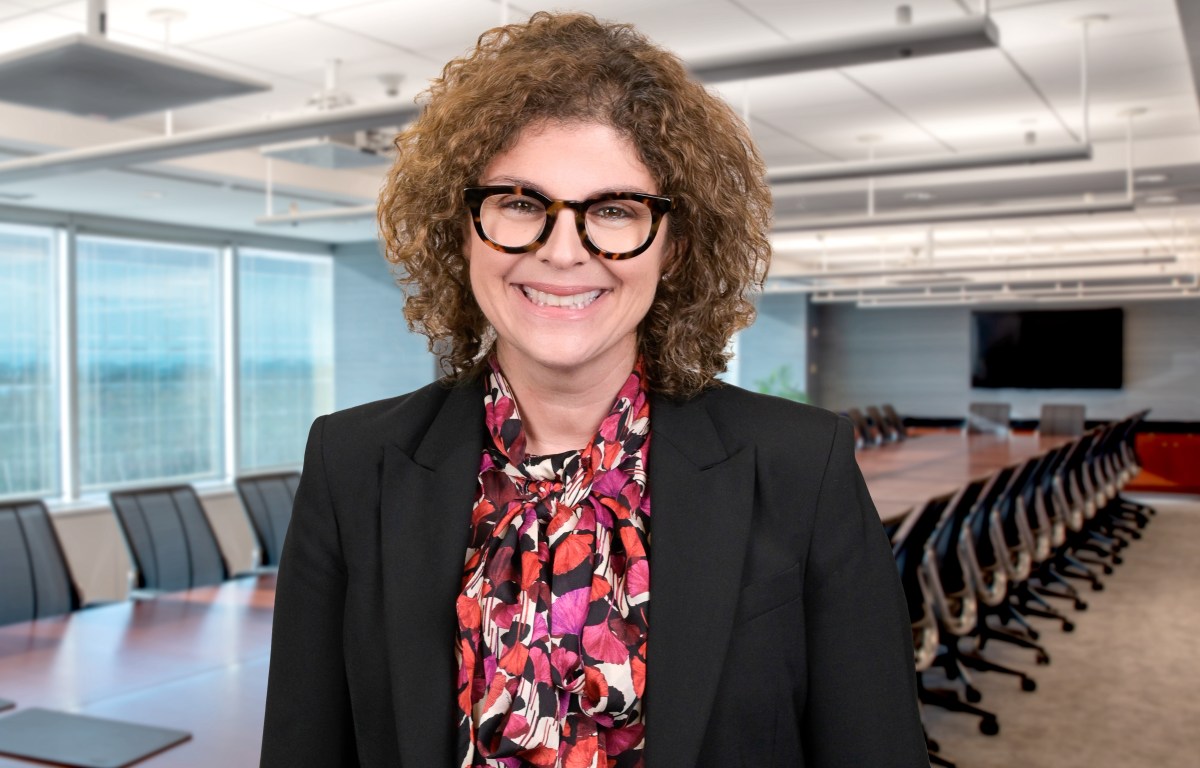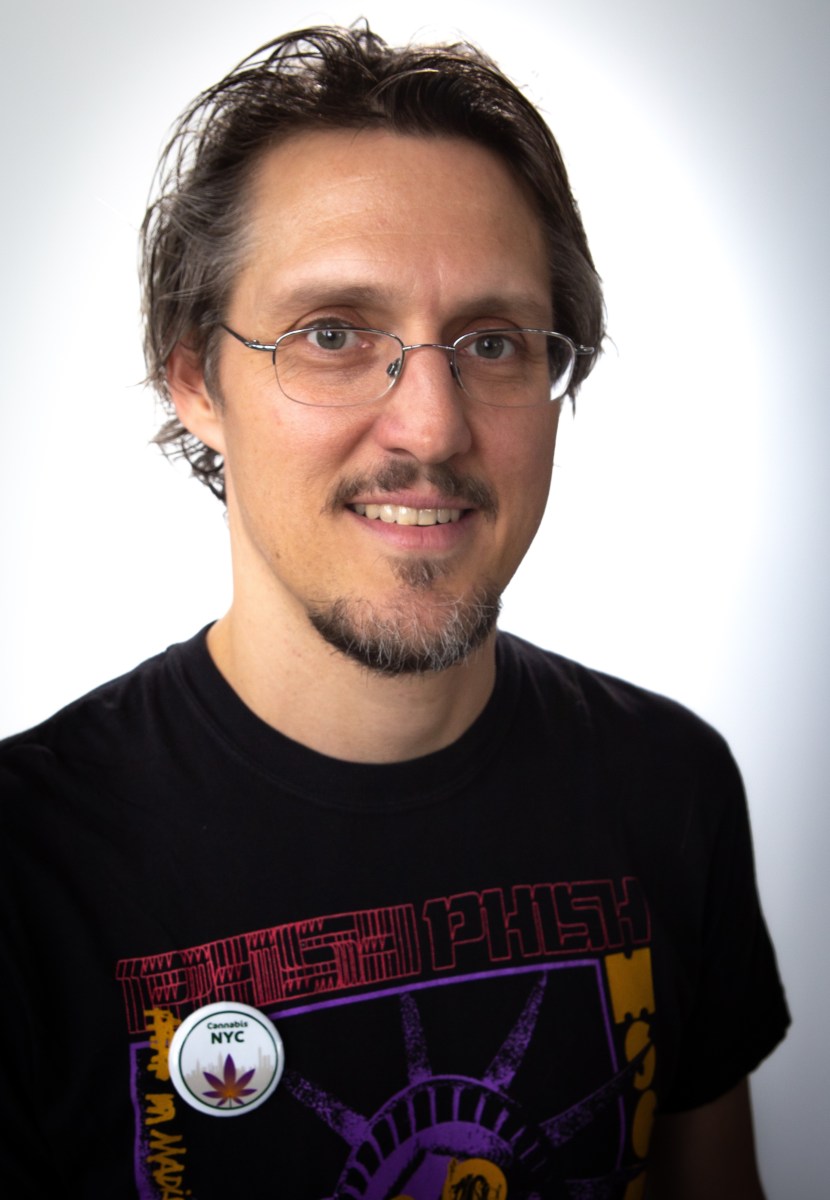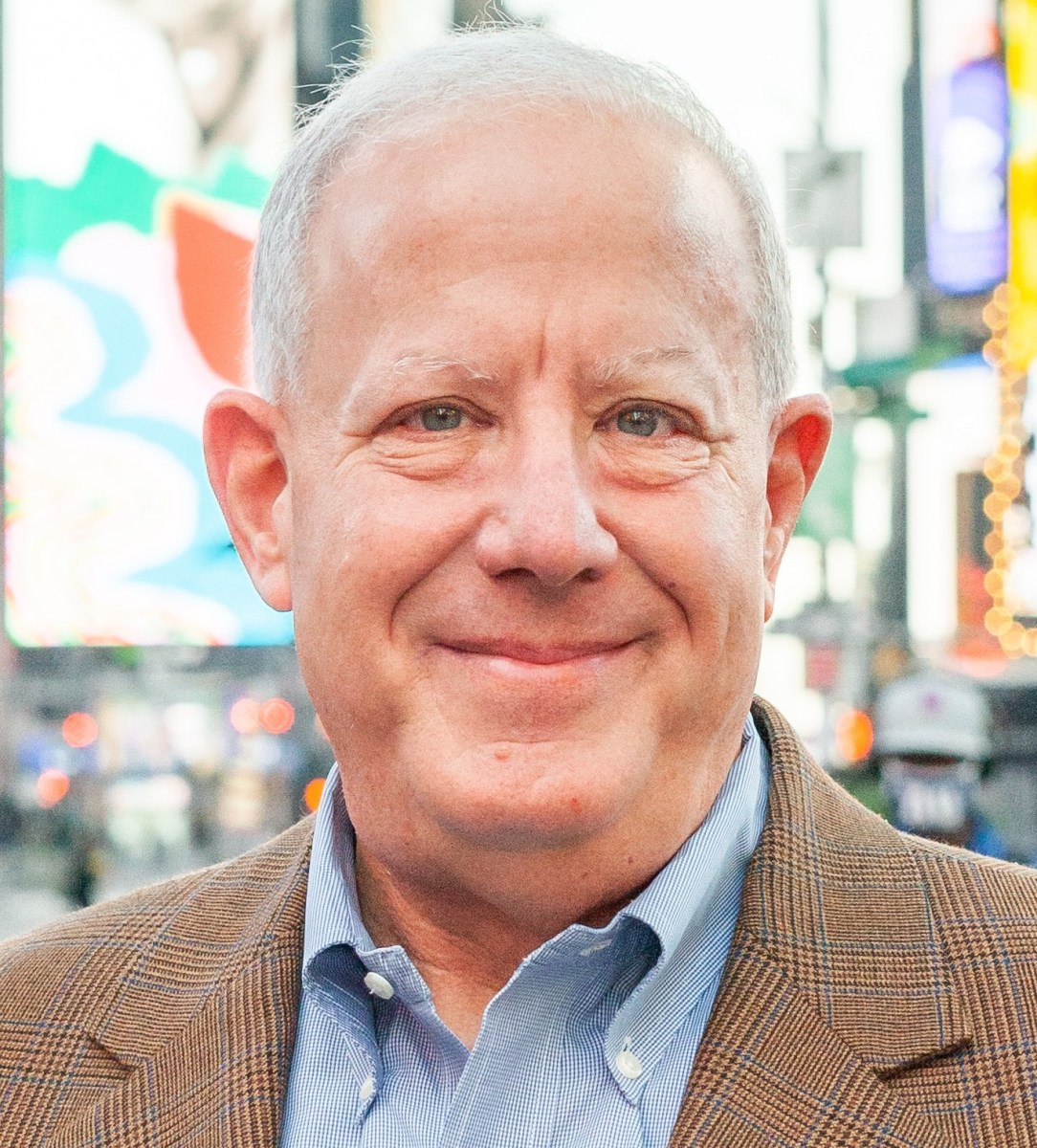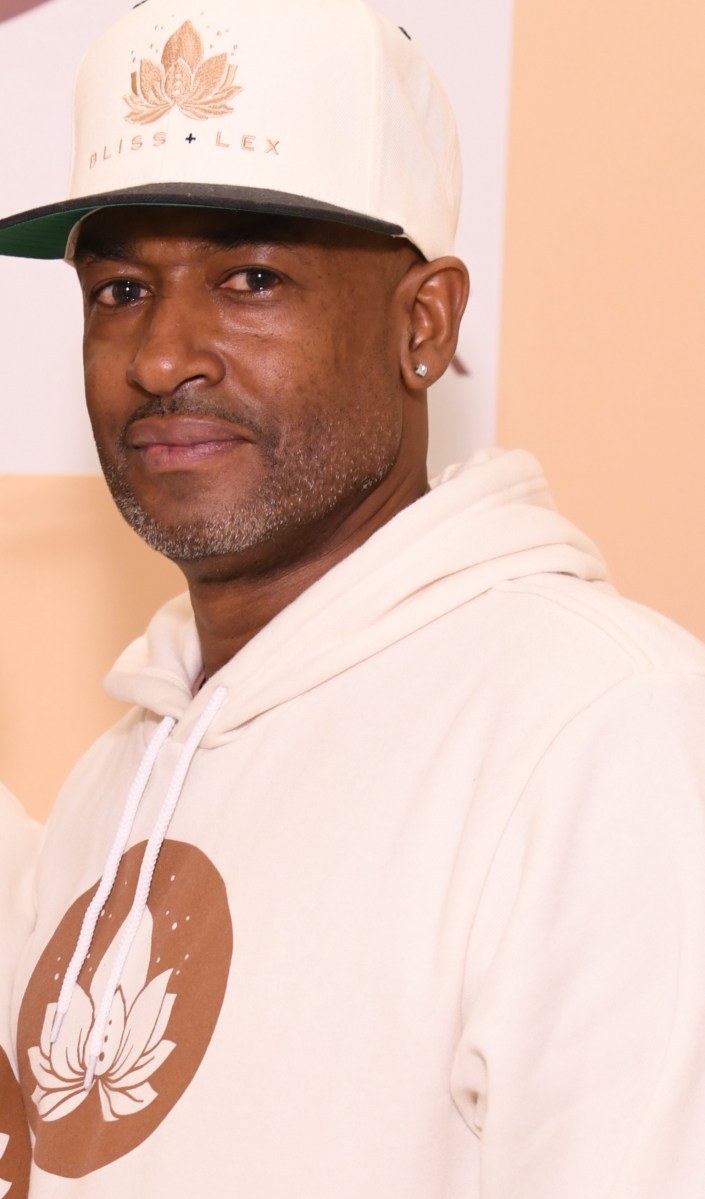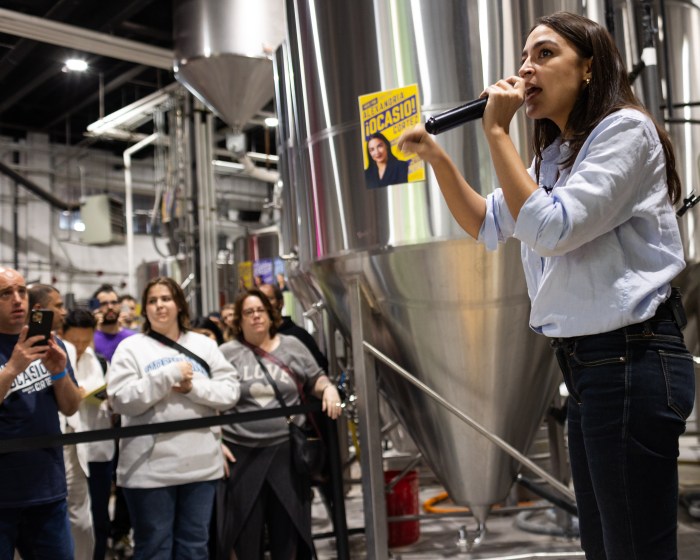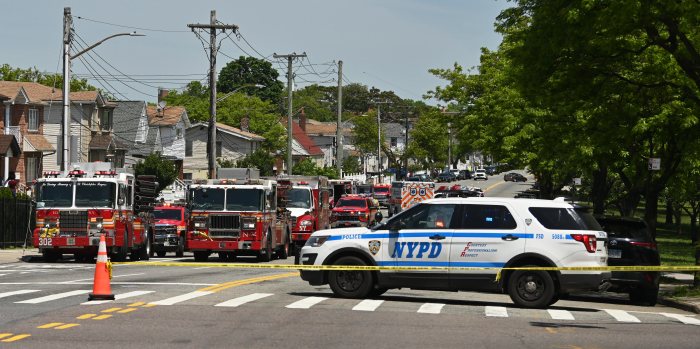Mayor Eric Adams has served the people of New York City as an NYPD officer, state senator, Brooklyn borough president, and now as the 110th Mayor of the City of New York. Mayor Adams is a lifelong New Yorker and a proud product of New York City public schools, including Bayside High School in Queen. His administration is committed to empowering a diverse coalition of working families in all five boroughs and is leading the fight to bring back New York City’s economy, reduce inequality, improve public safety, and build a stronger, healthier city that delivers for all New Yorkers.
Tremaine S. Wright is a former member of the New York State Assembly who thereafter, served as the first director of the department of financial services statewide office of financial inclusion and empowerment. Ms. Wright is an attorney, entrepreneur, and activist who is a second-generation Bedford Stuyvesant resident invested in preserving the rich legacy of her community and building a strong foundation for the future. She has dedicated her career to empowering and creating opportunities for her neighbors and her community.
Pamela Nicponski comes from a CPA background. With the 2021 legalization of cannabis in New York, she researched and dove into understanding the regulatory and licensing aspects, gaining insights into the business potential of retail dispensaries. She is looking forward to applying her accounting knowledge to enhance profitability and efficiency as Freshly Baked NYC helps to transform the New York cannabis industry.
What do you feel is the most urgent issue facing the New York-Cannabis industry?
The biggest problem is with illegal shops: they are not helping to improve the culture and perception around cannabis. They exacerbate the negative perceptions, because they don’t follow regulations or pay taxes, and the community sees this and assumes that licensed businesses will be the same. This fuels the stigma and prevents what licensed businesses are actually trying to do: improve perception and culture, and show cannabis to be the beneficial industry it can be.
Do you have any cannabis industry-specific advice for people looking to break into the field?
This is a new industry in the state… gathering information is not easy, so join the industry groups and associations. Networking is a powerful thing. You’ll find a lot of people eager to help and guide you or send you in the right direction. Learn the basics about cannabis; consuming cannabis is not the same as actually knowing the product.
What are your hopes for the future of the cannabis industry in New York?
I’m a dreamer… and I would like people to educate themselves about cannabis and its culture before judging consumers. I’d also like people to understand the benefits this industry can bring to the city and state are huge! If people support legal shops instead of treating us like we are illicit and malicious, it can be beneficial for everyone, especially the local community. You don’t have to be a consumer to be 4/20 friendly.
Osbert Orduna is the CEO and founder of The Cannabis Place dispensary, a certified social equity and Service Disabled Veteran owned cannabis business. He has successfully launched The Cannabis Place dispensary, licensed locations in both Queens, New York and Jersey City, New Jersey. Osbert is a U.S. Marine Corps veteran and grew up in NYCHA developments in NYC. He was the first in his family to attend college and has been an entrepreneur for over a decade.
What do you feel is the most urgent issue facing the New York-Cannabis industry?
The lack of available capital to CAURD licensees is a major issue. For example during the licensing delays caused by litigation against the state we spent hundreds of thousands of capital to hold our lease, this was after dormitory authority of the State of New York (DASNY) had proved ineffective at securing and building locations. The $50 million that was set aside should be used by the state to provide grants like New Jersey did or at least low interest loans.
Do you have any cannabis industry-specific advice for people looking to break into the field?
We have the benefit of having successfully gone through the licensing process in New York and New Jersey. While some people complain about the slow rollout in NY after injunctions and lawsuits, the reality for us was that NJ had none of that and yet was just as slow as the NY process, both were 18+ months so my advice is be patient because the stress will literally kill you if you let it.
What are your hopes for the future of the cannabis industry in New York?
New York is going to have a world leading cannabis industry regardless, we did in legacy and we will now in the licensed market, there are so many great products to choose from today and tomorrow will only get better. New York is a global cannabis powerhouse, always has been and always will be!
What are some of the positive impacts you’ve seen from legalizing cannabis in New York?
The greatest positive impact for me is the creation of cannabis career opportunities in communities where no one was bringing new opportunities, like Middle Village Queens where we revitalized a building that had been vacant for years and also created 22 new living-wage jobs that did not exist before. This is happening in communities all over New York thanks to the legalization of cannabis.
As co-founder and CEO of Bliss + Lex, Nicole Lucien spearheads the intricate management of strategic business operations. With a rich professional pedigree spanning education consultancy, computer science, and management, she seamlessly blends her expertise to foster pivotal business alliances and craft an overarching strategic vision. Additionally, Nicole leverages her background in software engineering to analyze data on Bliss + Lex’s sales trajectory and consumer behavior to inform key business decisions.
What do you feel is the most urgent issue facing the New York-Cannabis industry?
The restrictive marketing and advertising regulations make it difficult to reach adult-use consumers. Despite current efforts to fight the stigma associated with cannabis use, restrictive marketing regulations can send a conflicting message and have adverse consequences. While there should be regulations to ensure that marketing is directed at adult-use consumers only, such restrictions create a veil of secrecy that can have the potential to perpetuate negative narratives and stereotypes.
Do you have any cannabis industry-specific advice for people looking to break into the field?
A great team is the key to success. Good legal representation will support you through complex business negotiations. A strong management team will ensure everything runs smoothly and allow you to focus on critical business tasks. Budtenders are one of the most important aspects. They are your connection to the consumer. Ensure your staff is paid appropriately, is adequately supported, and knows that they are greatly appreciated. It will make all the difference.
What are your hopes for the future of the cannabis industry in New York?
I look forward to seeing more CAURD dispensaries open and seeing one of the largest markets in the country run by those most negatively impacted by cannabis prohibition policies. For our consumers, I am excited to add new products to an already strong profile of New York State-grown brands. It will increase variety and allow consumers to find the products that work best for them. As we like to say at Bliss + Lex, “Cultivate Your Bliss.”
What are some of the positive impacts you’ve seen from legalizing cannabis in New York?
There is so much hope and support for the legal cannabis industry in New York. We speak to consumers daily whose lives are positively impacted by the products they purchase, the consumer education provided, and the customer service they receive at Biss + Lex. As more licensed dispensaries open, with greater accessibility to quality products, this effect will only compound.
Neil M. Kaufman is the managing member of Kaufman McGowan PLLC, corporate and securities counsel to the Cannabis Industry™ and one of the leading corporate cannabis law firms in New York and the United States. Mr. Kaufman has over 40 years of corporate and securities law experience and over ten years of cannabis industry experience, and has participated in over $2 billion of cannabis-industry transactions.
What do you feel is the most urgent issue facing the New York-Cannabis industry?
Lack of financing due to 2-tier system restrictions.
Do you have any cannabis industry-specific advice for people looking to break into the field?
Cannabis is a business similar to businesses generally, with additional legal and regulatory complexity. But it is still a business, not a golden ticket.
What are your hopes for the future of the cannabis industry in New York?
First stability, then growth, then prosperity.
What are some of the positive impacts you’ve seen from legalizing cannabis in New York?
Safe, tested weed is available.
Mitch Kulick has been a lawyer for longer than he cares to admit. Having been a lawyer in Big Law and the SEC, general counsel of a NYC hedge fund and the country’s first commercial cannabis testing lab in Oakland, Mitch has finally found his dream job. Representing start-up cannabis companies throughout the supply chain and the investors behind them is the culmination of 30+ years as a legal advisor and as a fan of the plant.
What do you feel is the most urgent issue facing the New York-Cannabis industry?
The surge of illicit shops, coupled with hefty taxation at both state and federal levels, alongside the widespread availability of intoxicating hemp products in gas stations and convenience stores, poses pressing challenges. Relief is imminent with New York State eliminating the burdensome potency tax and the DEA signaling intent to reschedule marijuana. That leaves prioritizing enforcement against illicit activities and purveyors of intoxicating hemp products as the most urgent issue facing the NYS cannabis industry.
Do you have any cannabis industry-specific advice for people looking to break into the field?
Get involved! Explore opportunities regardless of their level, engage actively, persist, and deliver quality work. I was recently interviewing candidates for the GM at The Plant, Yonkers’ first legal dispensary and one candidate stood out. Kieondre’s journey into cannabis began humbly as a budtender in Colorado after graduating college in 2014. Through dedication, he ascended the ranks, is knowledgeable about all aspects of the business, and is now a trusted daily confidant and invaluable asset.
What are your hopes for the future of the cannabis industry in New York?
I hope that the future of New York cannabis looks like the staff, customer base, and product offerings of a dispensary that I recently visited in Rochester. While there, I encountered people from all walks of life, all of which emanated positivity and a love of the Plant. Also, the product mix was truly a vast array of new NY-created products with a smattering of quality out-of-state brands. The future should be inclusive
What are some of the positive impacts you’ve seen from legalizing cannabis in New York?
Last week, at the grand opening of The Plant, Yonkers’ first legal dispensary, I was amazed by parents accompanying their adult children, eager to understand their cannabis choices. They sought education and emphasized the importance of legal, safe purchases. This reality is an important part of the beginning of the end of cannabis prohibition in the state of New York and of the unjust stigma surrounding cannabis, a plant.
Co-founder and managing partner of Merida, Mitch Baruchowitz has twelve years of experience investing in cannabis and over twenty years of entrepreneurial, legal, regulatory, and financial experience in highly regulated industries. He is an expert in the regulatory component of cannabis limited licensing and multi-state cultivation operations, and a frequent speaker and author on cannabis investment strategy and diligence. Prior to founding Merida in 2016, Mitch co-founded Theraplant LLC, one of four Connecticut-based cultivators, and Leafline Labs LLC, one of two Minnesota cultivators. Mitch was previously head of investment banking for ACGM and Cavu Securities.
What do you feel is the most urgent issue facing the New York-Cannabis industry?
New York has to thread the needle of strong regulatory enforcement and sanctions that encourages legal market participation while not replicating the mistakes made by the war on drugs in disproportionate criminalization of minorities. Allowing unregulated activity is hurting legal businesses and is more likely to create unintended consequences that hurt the legal program for years.
Do you have any cannabis industry-specific advice for people looking to break into the field?
While the rules seem to be moving in a direction that further creates a more normalized cannabis industry, the entrepreneurial energy needed to succeed in the space is daunting. Challenges arise almost daily that require careful navigation which means even base level employees have to have an entrepreneurial approach to their roles. The best organizations have a solid structure, but leave room for that energy so bring it from day one in any endeavor you are trying to get into.
What are your hopes for the future of the cannabis industry in New York?
It would be great to see some of the discussed licenses finally launch, like consumption lounges. A thriving NY ecosystem would have a ton of product innovation, grow facilities producing amazing products, and would be a great combination of legacy operators and newer entrepreneurs that can unlock the creative potential that exists in such a diverse landscape like NY.
What are some of the positive impacts you’ve seen from legalizing cannabis in New York?
The way NY rolled out its adult use program was abysmal-it decriminalized before allowing any legal operators to start operations which created a terrible doom loop of unregulated activity. There is no hiding that and some of the early leaders of that should rightly be criticized for that. However, the creative energy that has been unlocked by legalization has been amazing to watch and seeing formerly incarcerated people now benefitting rather than suffering from legal issues is simply incredible.
Misha Morse-Buch is a native New Yorker, business owner, and recent recipient of one of Brooklyn’s first CAURD licenses. A graduate of Brooklyn College’s business management program, Misha and his wife opened I Love My Pet Food and Supplies in Crown Heights, Brooklyn in 2015. The success of the store led to an expansion and larger space in 2019. Misha’s connection to cannabis dates back 20 years, and he’s developed a deep knowledge of the industry. With New York State awarding licenses to victims of cannabis criminalization, it’s serendipitous for Misha to finally be positively affected by the progressive changes in the legal status of the plant. Misha currently resides in Sunset Park, Brooklyn with Evija, his wife of 17 years, and their two daughters.
Lauren Rudick is the founder and managing principal of Rudick Law Group, a boutique law firm with offices in New York, New Jersey, and Latin America, where she focuses on commercial transactions and compliance in cannabis and other emerging, newly regulated markets. Rudick also serves on the board of directors of the International Cannabis Bar Association, a non-profit organization, and Breeder’s Best Inc., a B-corp. and record-label style producer of unique cannabis genetics.
What do you feel is the most urgent issue facing the New York-Cannabis industry?
Lack of transparency and process in licensing new cannabis businesses for operations; and false valuations of cannabis businesses, resulting from the purported “capped” number of licenses being issued as opposed to natural, competitive forces (including a heightened cannabis experience). New Yorkers are capable of far more diverse and exciting products than the current market allows.
Do you have any cannabis industry-specific advice for people looking to break into the field?
Virtually any background is applicable to the cannabis industry. If you have a genuine passion for the plant and the people who use it, there is plenty of room for you!
What are your hopes for the future of the cannabis industry in New York?
Production of the best weed in the world, offered through seemingly limitless experiences that are unique to New York.
What are some of the positive impacts you’ve seen from legalizing cannabis in New York?
Job creation and collaboration among constituents who previously served the traditional (or illicit) market, without fear of prosecution. Unfettered access to medication for those who cannot afford or who do not have time to go through New York’s medical cannabis patient registration process. Creative dealmaking, enabling unique and controlled consumption experiences. And de-stigmatization among those who are “new” to cannabis – strong desire to support new, legal businesses!
Since being sworn into office in 2021, Governor Kathy Hochul has led by establishing a bold vision for New York’s future. Governor Hochul has spearheaded comprehensive policies and initiatives to help New Yorkers and their families, while building an economy that is stronger and more inclusive than before. Governor Hochul is making historic investments in the people, places, and things to make that happen – from healthcare workers, small businesses, and working families to infrastructure, education, and workforce development. Governor Hochul was born and raised in Western New York.
Kaelan Castetter has been in the New York cannabis industry since 2015 as an operator, advisor, and advocate. He leads the Castetter Cannabis Group – a firm dedicated to providing fractional compliance, expert regulatory advisement, and government relations to operators in the New York industry. He is the lobbyist for the Empire Cannabis Manufacturers Alliance – a trade group representing the state’s largest processors.
What do you feel is the most urgent issue facing the New York-Cannabis industry?
Normalization and destigmatization. In order to ensure that our operators can fully benefit from the global cultural and economic hub that is New York City – we need bold policy that meets the consumer where they’re at. This means physically, through access to innovative products in both stores and within the hospitality industry, and culturally through marketing and public engagement.
Joseph Calderone has ten years consulting experience in cultivation, processing and dispensary operations. He supported both medical and recreational applications in 11 states. Joseph is inspired by the ethnobotanical and biochemical characteristics of cannabis. He is chief operating officer of Grateful Valley Farm and president of Cannabis Farmers Alliance. His work with indigenous groups in the Amazon shaped his interest in joining this interesting yet exasperating industry.
What do you feel is the most urgent issue facing the New York-Cannabis industry?
The New York cannabis program needs to be reformed. The supply chain is broken and the program intended to help business owners has harmed too many industry participants. Many changes are needed in the adult recreational and medical programs in New York to protect and promote small to medium-sized businesses, including small farms and microbusinesses through activism, legislation and education.
Do you have any cannabis industry-specific advice for people looking to break into the field?
Find a mentor. Always be suspicious of people who claim they know everything. This industry is a constant learning process. Share as much knowledge as you learn. Be nimble and ready to adjust to constant change. An interest in compliance, quality, and botany. Science and economics are just as important as culture. Talk to traditional (legacy) operators who have been doing it for years. Hands-on experience is important. Better not to be too baked while working.
What are your hopes for the future of the cannabis industry in New York?
A fully functioning supply chain and a competent regulatory body that helps realize the objectives of social and economic equity, fairness, and destigmatizing of the cannabis plant. A thriving, New York cannabis culture supported by a robust agricultural sector. A hope that the 7.4 billion in black market sales finally find their way into the legal industry
What are some of the positive impacts you’ve seen from legalizing cannabis in New York?
Economic multiplier effects: for every one cannabis job created, 2.4 more are created in the greater economy. New York has focused on social and economic equity. It’s refreshing to see upstate farmers, women, minorities, disabled veterans, and those disproportionately affected by the “war on drugs’ participate in the industry. The pioneers who were sprayed with pesticides, lived with aliases, were incarcerated, and lived with lifelong PTSD are slowly being made whole.
Jonpaul Pezzo is a pioneer in NYC’s thriving recreational cannabis and nightlife industries. Whether he’s booking internationally renowned artists or catering to New Yorkers’ THC needs, Jonpaul’s authority is unquestionable. His unparalleled insight and marketing experience make him a go-to source in both realms, solidifying his status as a leader in NYC’s most sought-after businesses.
What do you feel is the most urgent issue facing the New York-Cannabis industry?
The closing down of the illicit stores, we have all been through a lot to get legalized and we are finally here and we got to make sure we do not go backwards.
Do you have any cannabis industry-specific advice for people looking to break into the field?
Do your research, do your math, factor in everything from taxes to staffing into your number and make sure you are not caught blindsided by the reality of the industry.
What are your hopes for the future of the cannabis industry in New York?
I hope that we do not follow other markets with all the issues they had once things got rolling with the legal market opening. I’m looking forward to everyone getting their piece of the pie and all the retails thrive and keep the big companies out of this thing of ours.
What are some of the positive impacts you’ve seen from legalizing cannabis in New York?
I see a lot more people involved in the legal cannabis job market. A lot of people finding their calling and it’s good to see so many jobs and careers being created daily.
John Kagia serves as the director of policy for the office of cannabis management. He leads the team responsible for policy development and implementation for the medical, adult use, and cannabinoid hemp programs in New York. John also manages development of research and data systems to measure and track industry performance, and he oversees deployment of the Office’s educational public health campaigns. Since joining the cannabis industry in 2014, John has been a pioneering industry analyst delivering groundbreaking research into emerging global markets, investment and capital flows, supply chain trends, product innovation, and evolving consumer behavior. He works with policymakers, investors, and business owners to capitalize on emerging opportunities, hedge against risk, and predict market defining trends.
Senator Jeremy Cooney was adopted from an orphanage in Kolkata, India and raised by a single mother in the city of Rochester. He made history in 2020 as the first Asian American elected to state office from upstate New York, and the first state senator in decades to graduate from Rochester City School District (RCSD). Senator Cooney represents New York’s 56th district, encompassing parts of Monroe County and the city of Rochester.
State Senator Gustavo Rivera represents the 33rd district in the Bronx. Since taking office, he has focused on addressing health inequity. In 2018, Senator Rivera became chair of the senate health committee. In his role, he collaborates with colleagues, stakeholders, and constituents to improve health outcomes, increase access to care, and ensure a viable health care system. He is the sponsor of the “New York Health Act” to establish a single-payer statewide healthcare system.
What do you feel is the most urgent issue facing the New York-Cannabis industry?
When we passed MRTA, we committed to deliver social and economic equity for communities of color after decades of over-criminalization. Currently, CAURD and Social Equity licensees are facing competition from unlicensed cannabis shops without the financial and technical support promised by law. With this budget, unlicensed shops selling illicit cannabis will be closed within a civil enforcement framework and help to boost our nascent legal cannabis industry.
Do you have any cannabis industry-specific advice for people looking to break into the field?
Cannabis entrepreneurs must recognize that they need to be engaged with the policies and politics of our state’s cannabis marketplace. Corporate cannabis walks the halls of Albany every day, so we need social equity business owners there more than ever. It’s not easy to be an entrepreneur, but it’s harder in uncharted territory with limited financing options, so find a coalition and be an advocate for yourself and others.
What are your hopes for the future of the cannabis industry in New York?
The State must ensure that social equity entrepreneurs have the tools and support they need to succeed. The runway they had to compete with corporate cannabis and their deep pockets are shorter than we had hoped for. Multi-state operators have the agility and resources to outpace small operators’ chances at sustainable businesses and we have an obligation to rectify that imbalance of power and fulfill the promises of MRTA.
What are some of the positive impacts you’ve seen from legalizing cannabis in New York?
Restorative justice is the reason I supported MRTA and the legalization of cannabis in our state. Thanks to MRTA, nonviolent records were automatically expunged and countless Black and Brown New Yorkers, especially in places like The Bronx, no longer face unfair criminalization for carrying a joint or supposedly smelling like marijuana. Instead, impacted communities have opportunities to build generational wealth that has been denied to them for far too long.
Elizabeth Kase is co-chair of Ruskin Moscou Faltischek’s (RMF) cannabis law practice group. She counsels clients seeking licensure in the emerging adult-use cannabis space. She lectures extensively on the laws, ethics, and compliance issues in cannabis. She has published numerous articles pertaining to criminal law, cannabis law, and cannabis/derivative products. She served as an assistant district attorney in New York County and has defended complex federal and state criminal matters for more than twenty-five years.
What do you feel is the most urgent issue facing the New York-Cannabis industry?
Enforcement!!!
Do you have any cannabis industry-specific advice for people looking to break into the field?
Be patient. New York is a slow roll. If you want to be in this business you must have strong intestinal fortitude and a big budget.
What are your hopes for the future of the cannabis industry in New York?
That we will be a thriving regulated marketplace. I hope our state delivers the promises it made to so many.
Co-founder David Nicponski is a software engineer. He has had a lifelong interest in industry disrupting startup companies. David has closely followed legalization efforts in each state since California’s success in 1996. With New York’s cannabis legalization, he realized he could build another startup from the ground-up and help the community to grow economically.
What do you feel is the most urgent issue facing the New York-Cannabis industry?
Mass proliferation of illegal shops, combined with the mismanagement of funding intended to support the opening of CAURD retail stores.
Do you have any cannabis industry-specific advice for people looking to break into the field?
It takes FAR more time, effort, and capital to successfully open your business than you might expect. Take whatever you were initially thinking and triple it. Find and join the industry communities, and take an active role in them. There are lots of opportunities to unearth, but they require an incredible amount of dedication and effort to seize. If you’re willing to put in that effort, the prize is there waiting for you!
What are your hopes for the future of the cannabis industry in New York?
I hope that it continues to grow over time, with additional licensing and capacity introduced by the state steadily over time, in lockstep with the market’s ability to absorb additional entrants. The result of this will be pro-market and pro-consumer, with superior products and unbeatable prices while supporting the local licensed businesses who follow the rules.
What are some of the positive impacts you’ve seen from legalizing cannabis in New York?
We’ve slowly started to see changing opinions of low-frequency users or non-users. People are beginning to mentally disassociate cannabis from the illegal smoke shops that were previously the only source for the products, and with all of the negative impacts to local communities that go along with the unregulated market.
David Feldman focuses on corporate, securities, mergers and acquisitions law, advising public and private entities, entrepreneurs, investors, and private equity/venture capital firms. Since 2013, he has specialized in legal cannabis and psychedelics sectors, guiding clients through private placements, public offerings, loan structuring, and fund formation for cannabis businesses. Offering corporate structuring advice and aiding in licensing applications for cultivation, processing, and dispensary operations, he also counsels multinational corporations on cannabis industry risk assessment.
As co-founder and chief operating officer of Bliss + Lex, Chris ensures seamless dispensary operations, crafting an inviting and upscale retail environment. He curates a team of passionate budtenders, manages vendor relations, and spearheads product selection. Chris brings over a decade of experience in sales, construction, and hospitality. Beyond his entrepreneurial endeavors, Chris is committed to positive social impact and currently serves as the Facilities Director for a non-profit organization serving victims of domestic violence and homelessness.
What do you feel is the most urgent issue facing the New York-Cannabis industry?
Success will be greatly dependent on the regulation and enforcement of unlicensed retail locations. In addition to the impact on consumer buy-in and trust, operating an unregulated business can pose a significant risk to the long-term stability of the industry. With a projected market value of $2 billion and a focus on social equity licensees, we must support market regulation to make impactful strides in diversifying ownership and leadership in one of the largest markets.
Do you have any cannabis industry-specific advice for people looking to break into the field?
When looking to open a licensed retail location, it is important to have a good understanding of the neighborhood, its demographics, and market potential. You want to ensure that there is a notable demand for the products you are offering and that your location is accessible to consumers. In addition to accessibility to consumers, location also plays a role in attracting and retaining the best employees.
What are your hopes for the future of the cannabis industry in New York?
I hope to see more legacy cultivators and legacy operators, like myself, enter the market.
What are some of the positive impacts you’ve seen from legalizing cannabis in New York?
New York’s provision of social equity licenses presents a significant opportunity. The success of CAURD licensees in New York can serve as a blueprint for future social equity applicants in other markets. This forward-thinking approach has the potential to enhance business and financial prospects for social equity applicants in upcoming markets.


